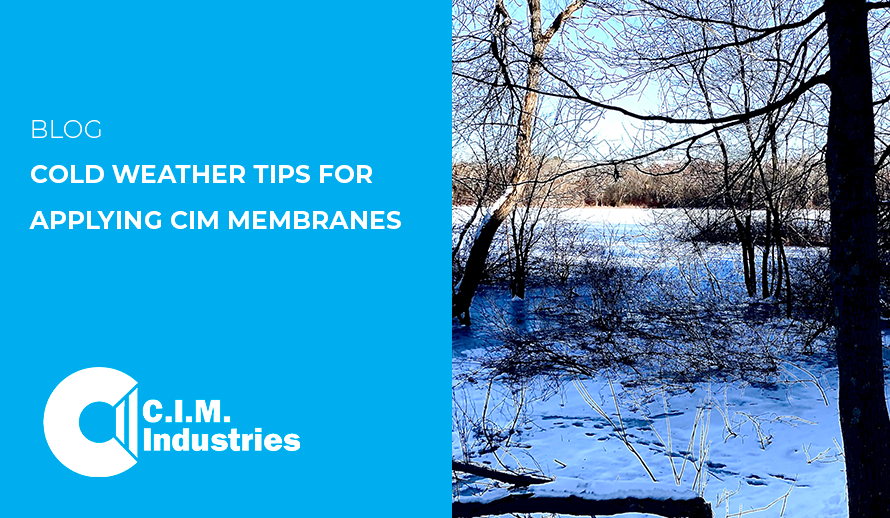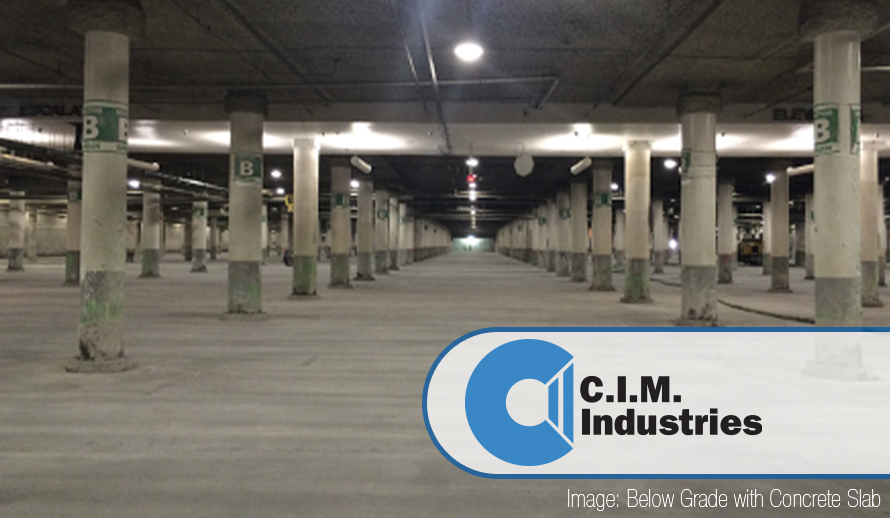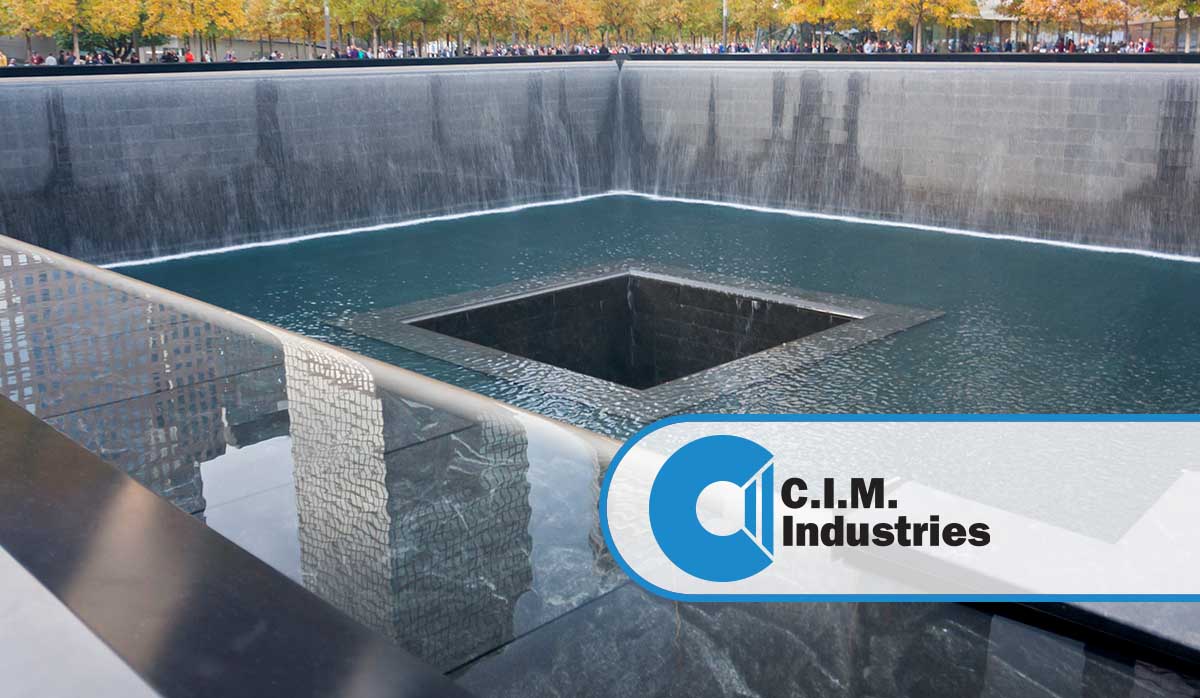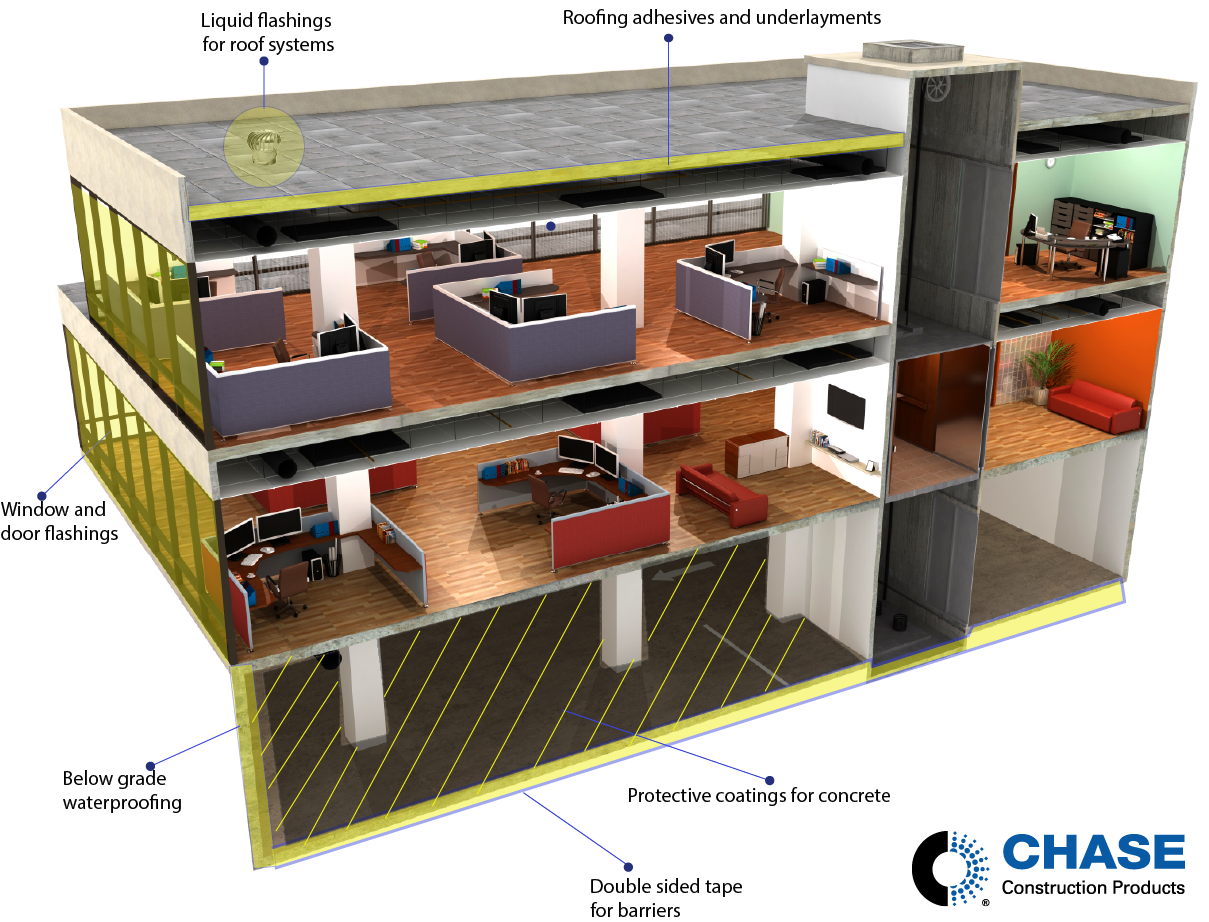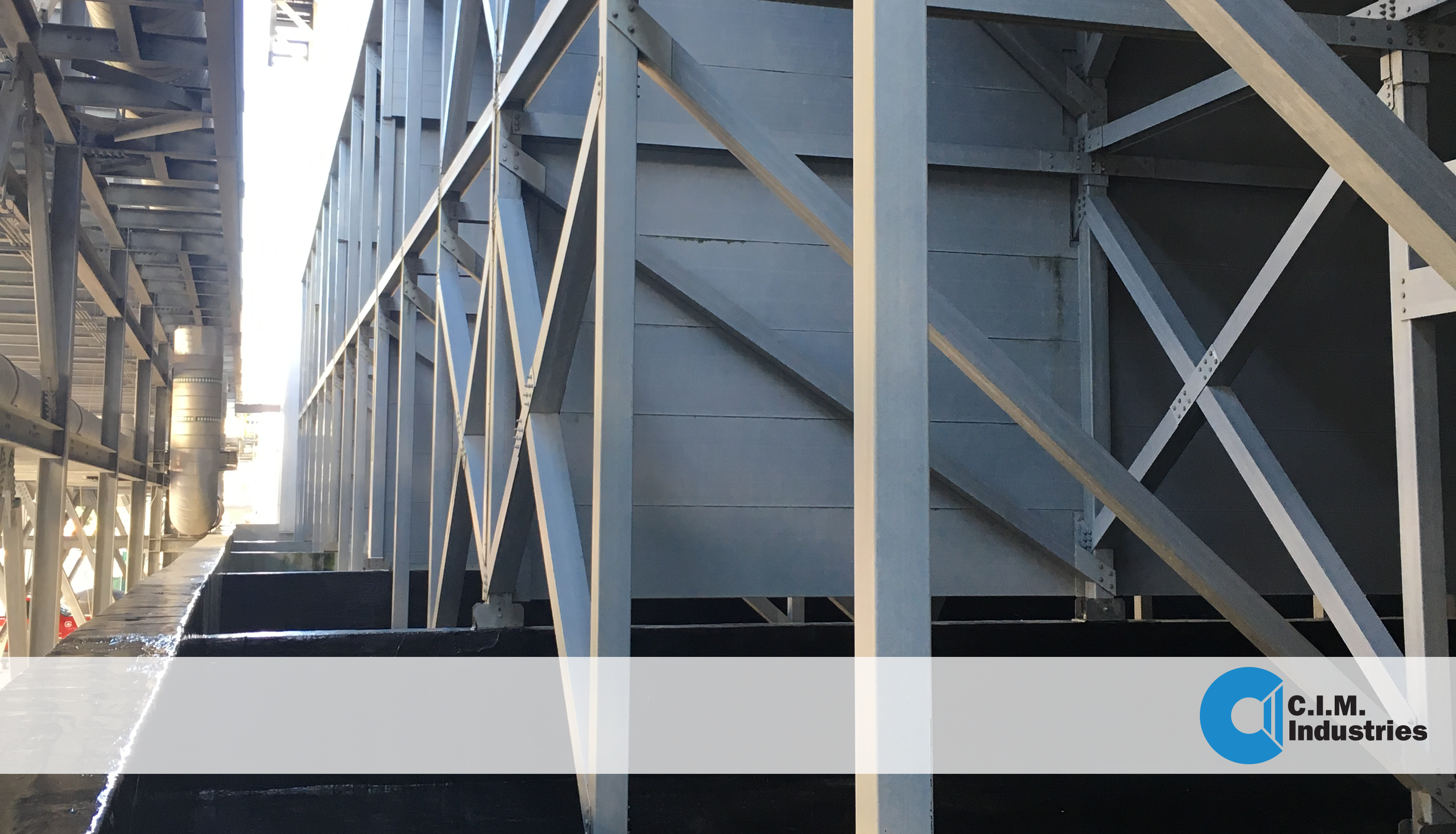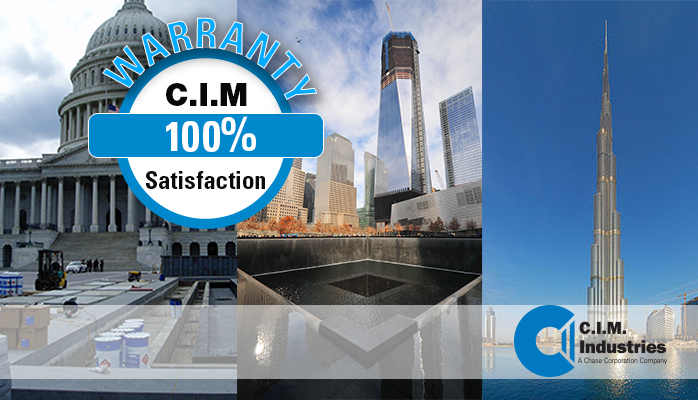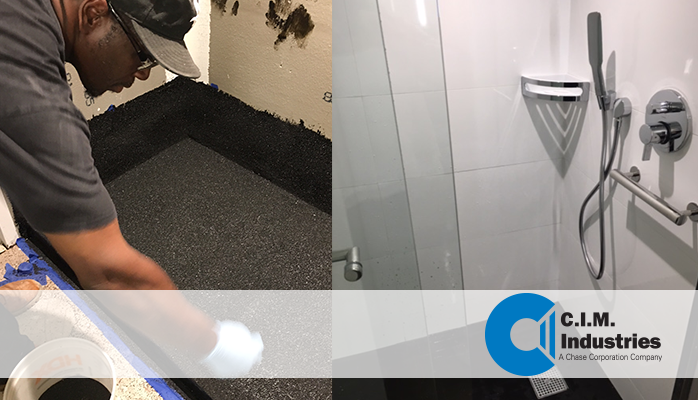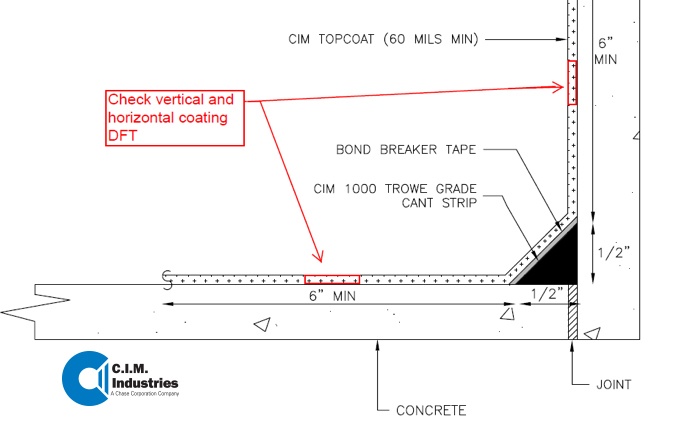Cold temperatures can impact the curing of coatings. Applications at colder temperatures, or below the manufacturer’s recommendations, require experienced contractors familiar with CIM waterproofing products. To achieve the best results, it is important to pay attention to the manufacturer’s application procedures.
Winter Waterproofing: Cold Weather Tips for Applying CIM Membranes
Topics: Winter Waterproofing, CIM Cold Weather Application, CIM Industry, membranes
How to Successfully Apply Cold, Fluid-applied Waterproof Membranes
Cold, fluid-applied waterproofing membranes are popular choices in the construction and building industries because of their versatility in areas where traditional sheet waterproofing or hot-applied membranes are not options. Cold, fluid-applied waterproofing membranes can be applied to both vertical and horizontal surfaces and, when installed correctly, should last for many years. Understanding and following the installation guidelines will help ensure the application's success. Cold, fluid-applied waterproofing membranes’ robust physical properties and long-lasting performance are why manufacturers publish application and installation guidelines that must be followed.
Topics: CIM Industry, CIM Concrete Waterproofing, Concrete Waterproofing, Concrete Sealant, Fluid-applied Waterproof Membranes
The Role of Consultants in the Waterproofing Industry
The importance of a well-built building structure is often taken for granted until failures start to appear. These deficiencies can be minor or major, but the results are often catastrophic. This is why consultants play an important role in the waterproofing industry and may add in saving you money in the long run. They add an extra quality assurance check before construction or after a roof or deck fails.
Topics: Concrete coating, CIM Industry, CIM Concrete Waterproofing, Concrete Sealant, waterproofing
Topics: CIM Industry, 4EvaSeal, Building Envelope
How to Extend the Service Life of Your Cooling Tower
Topics: CIM Industry, Concrete Waterproofing, cooling tower
A waterproofing warranty is a legally binding agreement which a company guarantees that some or all its work will be free of defects, typically for a specific length of time, and is normally approved and signed by both the owner of the project as well as a representative of the company manufacturing the product. A warranty provides for a remedy in case there are certain problems with the product provided to the customer. The intent is to provide peace-of- mind to the customer, ensure the product is backed by the company and is consistent with claims related to performance and reliability of the product. If you purchase a waterproofing solution and later discover that it’s defective, you can file a claim with the company – assuming the waterproofing solution is still under warranty – to recoup some or all the cost related to the product. A warranty is essentially a company’s assurance that its product will live up to its claims.
Topics: Concrete coating, CIM Industry, CIM Concrete Waterproofing, Concrete Waterproofing, Waterproofing tiles
When installing tile, whether it’s flooring for a restaurant kitchen, a swimming pool or a patio deck, the process should include waterproofing the substrate prior to the tile installation.
Topics: CIM 1000 Premix, CIM Industry, CIM Concrete Waterproofing, Waterproofing tiles
Congratulations! You have finished installing a two-component, high-build elastomeric coating on the interior of a water detention tank. The next task is to perform a final walk-through inspection. Before we get started, it is important to know what to look for prior to the inspection. Consult the specific job specification as well as any manufacturers literature:
- Instruction guides
- Application checklists
- Specifications
- Technical data sheets
Topics: CIM Documentation, CIM Industry, CIM Concrete Waterproofing

